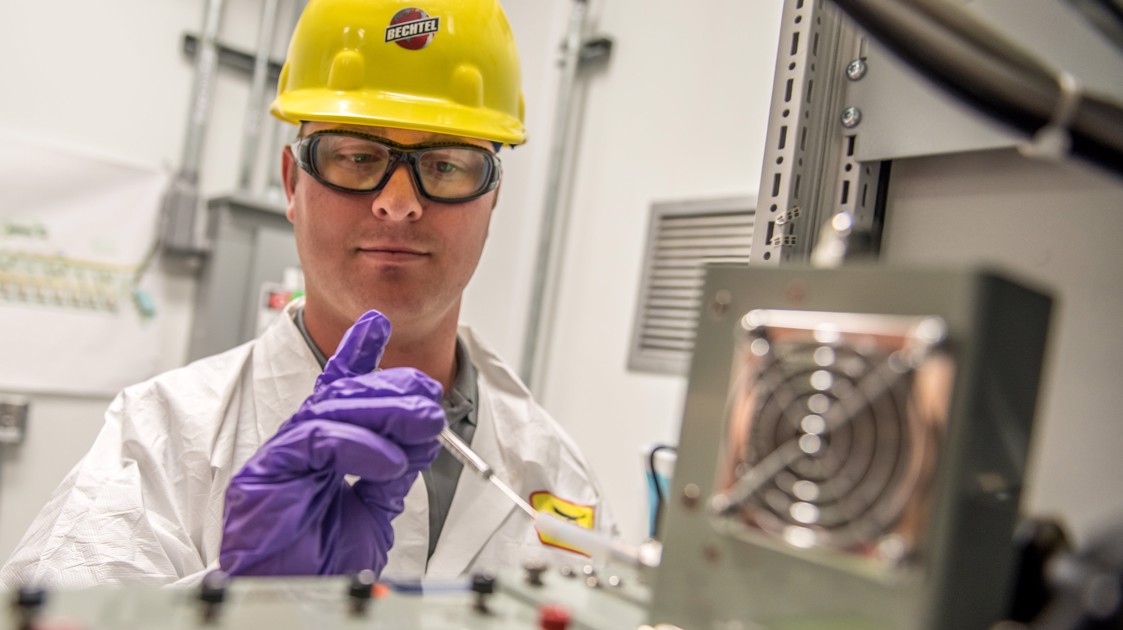industriAll Europe, in partnership with the European Chemicals Employers Group, is running a project called: “Our future workplace - digital transformation in the chemical Industry."
As part of the project, a study into the impact of digitalisation on skills, work organisation and health and safety has been carried out. Some 500 workers and employers completed an online survey, 20 experts were interviewed and a conference were held as part of the research.
The conclusions have now been published and show:
- The 1st wave of the digital transformation (i.e. digitising analogue data and integrating cloud solutions) is successfully accomplished in the European chemicals sector. However, the implementation rate increases with the company size: especially the implementation rate of digital solutions in micro and small enterprises (<50 employees) is lagging.
- The 2nd wave of the digital transformation will be driven by the Industrial Internet of Things, Big Data, Artificial Intelligence, automation and augmented reality – and it will come into effect in the near future (within the next 5 years). The transformation around AI might cause more drastic implementation gaps between very large enterprises and SMEs.
- A shift in skills in the European chemicals sector is clearly visible – basic digital skills are broadly existing in the sector. However, more advanced digital skills & transversal skills require attention by all stakeholders in the industry. Especially SMEs currently lack dedicated training programmes for digital upskilling and rate their digital skills less positive than larger firms.
- The working environment in the chemicals sector is predominantly changed through mobile working with greater employee autonomy but also an increased level of multitasking. Close attention needs to be paid to the level of psychological stress, which is expected to increase significantly due to digitalisation, especially in larger firms.
- Collective agreements need to pay greater attention to the issue of mobile working & working-time arrangements and qualification. Other sensitive issues linked to the digital transformation (data protection, performance monitoring) also need to be addressed with collective agreements or accompanied by other initiatives (e.g. open dialogue processes).
- Change management and the involvement & support of employees is currently the biggest challenge in the digital transformation process of the European chemicals sector. It is decisive to address this to allow for a successful transformation. The digital maturity assessment shows little variance across Member States and sectors. Southern and Eastern Europe are more likely to have greater challenges. In these regions the issue of employee participation seems to be addressed less by collective agreements at national, regional or sectoral levels.
You can find a summary of the report here and the full report here.
industriAll Europe and our social partners will now develop joint actions based on these findings.
